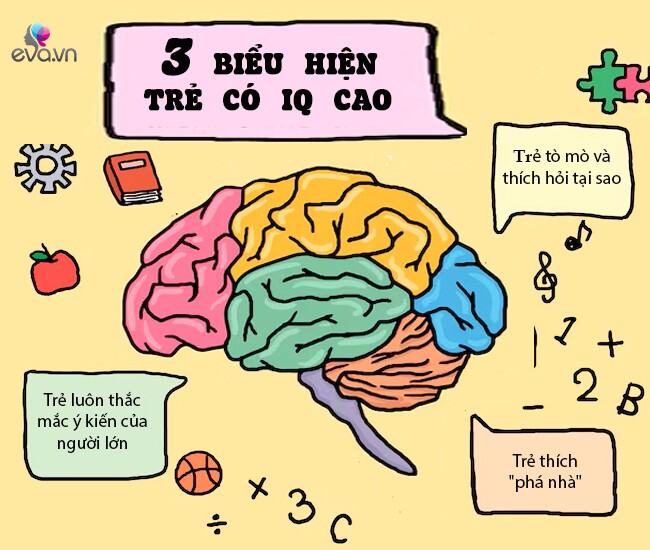Curiosity in children is not necessarily a bad thing; in fact, it could indicate a rapidly developing brain. Professor of Psychology, Li Meijin, suggests that seemingly mischievous or uncontrollable behaviors may be signs of curiosity and a desire to explore the world.
Parents, take note! If your child exhibits these three behaviors, it’s time to embrace and guide, not fret:

Image source: freepik.com
## The Inquisitive Child:
Children are naturally curious, and this is a wonderful trait. They may stare at a simple toy or an ant for extended periods, not out of boredom but sheer fascination. They love exploring and will eagerly open cabinets and drawers to discover hidden treasures.
Encourage this curiosity! It is through these explorations that children come to understand the wonders of the world. Nurture their inquisitiveness, and you’ll be fostering the next generation of inventors and innovators.
Take the example of Edison, the renowned inventor. As a child, he drove his teachers crazy with his endless questions. “Why is one plus one equal to two?” “Why don’t fish drown?” “Why do chairs have four legs?”
To a curious child, the world is a puzzle, and each question is a step toward understanding it. So, when your child asks, “Why is the moon up there?” or “Why do we need tires for our car?” embrace their curiosity and provide answers that spark further exploration.
## Questioning Authority:
Some children dare to question the opinions and decisions of adults, which can be challenging for parents who are used to being the authority figures. However, this behavior is a sign of intelligence and bravery.
Confucius said, “Doubt is the beginning of wisdom.” When children question, they are exercising their critical thinking skills and learning to form their own opinions. They are breaking free from preconceived notions and embracing new ideas.
Instead of feeling annoyed, view these moments as opportunities for mutual learning and growth. Encourage your child to think for themselves and use their brains efficiently. It will pay off in the long run!
## The Little Destroyer:
Many parents complain about their children’s destructive tendencies, but this, too, is a natural part of their exploration. Children want to understand how things work, and sometimes that means taking things apart.
Rather than focusing on the mess, guide them toward safe and productive ways to explore. Teach them about boundaries and help them understand which objects can be taken apart and which ones should be left alone.
Encourage your little one to become a mini handyman or handywoman by involving them in simple repair tasks around the house. Also, ensure they learn to clean up after themselves, understanding that every action has consequences.
Through these experiences, they will develop valuable problem-solving skills and a practical understanding of the world around them.
In conclusion, embrace your child’s curiosity, encourage their questions, and guide their exploration. It’s all part of raising a happy, healthy, and intelligent human being!

The 4 Creative Ways to Discipline Your Child That Are 100 Times More Effective Than Scolding
The art of reprimanding your child is an age-old dilemma for parents. This introduction paragraph aims to present a unique and effective approach to disciplining your child, one that is 100 times more effective than traditional scolding methods. Presenting four innovative strategies that will revolutionize how you address your child’s misbehavior and foster a more positive and respectful relationship.




































